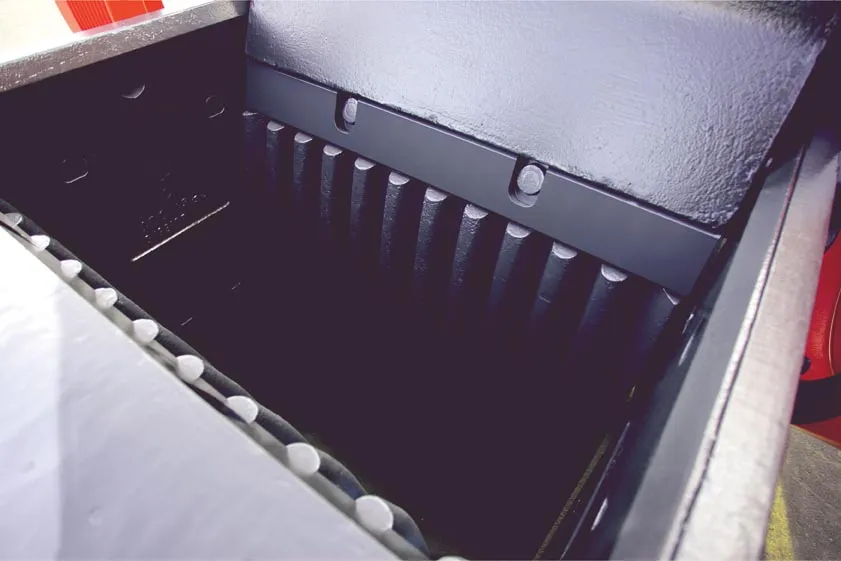
Concrete is an inherently architectural material, says Vialet, because it is robust, has attractive aesthetic qualities, can be used in massive forms yet appear light, and offers unlimited freedom of shape. New forms of concrete, such as fibre-reinforced, bring added versatility.
But in using concrete, architects should consider the environmental and social implications, particularly the carbon footprint. This can be reduced from a lifecycle point of view if buildings can be made to last longer. To ensure this, architects need to design spaces that can be upgraded and recycled – to which concrete is well suited. Office buildings could be turned into homes or vice versa, and parking lots may need to be repurposed if transport technology and habits change.
This approach requires longer-term vision and investment, which the financial sector is not particularly geared for. And governments are pushing for faster and cheaper construction, which risks repeating the mistakes of previous generations where badly designed buildings have had to be demolished prematurely. Cities are complex, and in the end there is no one-size fits all solution. Architects will each develop their own solutions with concrete, says Vialet .
Vialet was speaking at a round table event on new uses and functions of concrete for the benefit of society at World of Concrete Europe.








